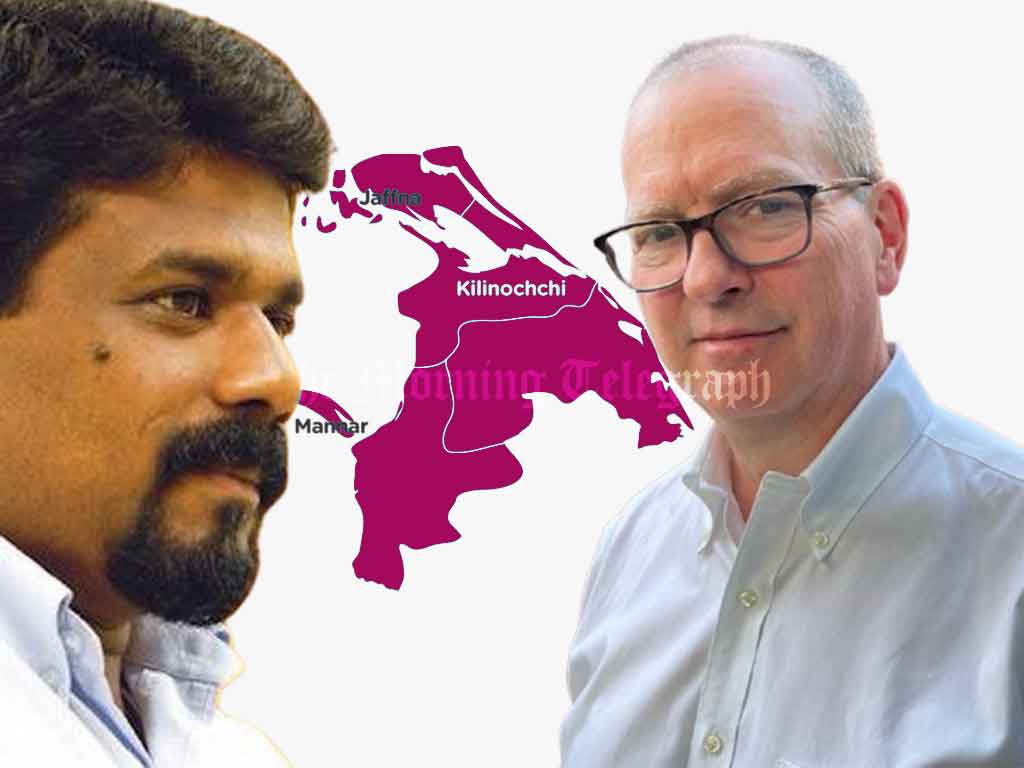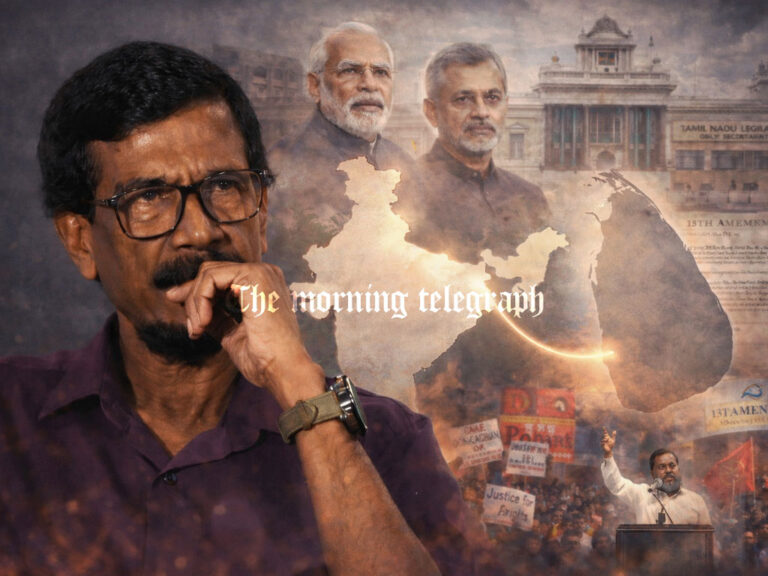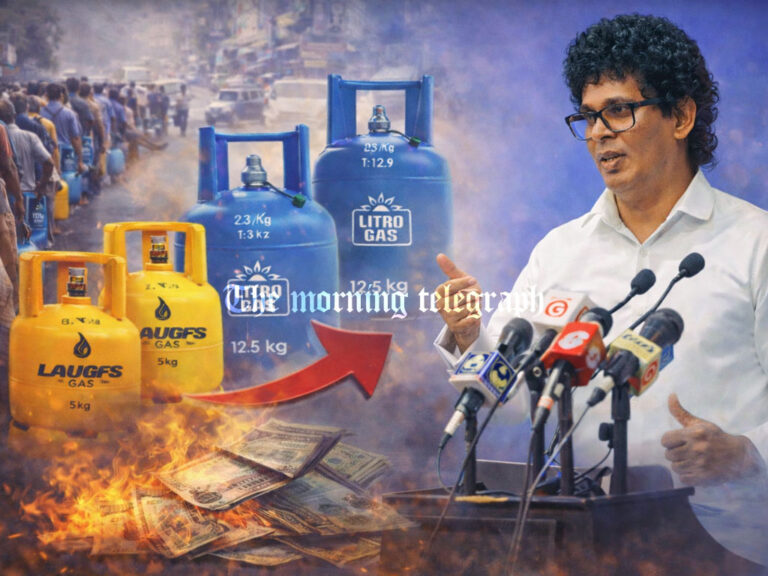
Former Canadian High Commissioner to Sri Lanka, David McKinnon, has expressed his views on Sri Lanka’s recent parliamentary elections, emphasizing the significance of the results and their implications for the country and the wider region. In a statement shared on social media and later highlighted by Canada’s Janmedia, McKinnon lamented the lack of international attention to the elections held on November 14, particularly given their extraordinary outcomes and the broader geopolitical context.
McKinnon noted that Sri Lanka occupies a strategic location in South Asia, with 40% of global trade passing just south of its coast and Colombo serving as the region’s busiest port. As a focal point of geopolitical competition among China, India, and the United States, Sri Lanka’s political landscape has far-reaching consequences. He pointed out that the nation has long grappled with ethnic tensions, divisive politics, and prolonged conflicts that have attracted international focus, making the outcome of its elections particularly noteworthy.
The parliamentary elections marked a watershed moment in Sri Lanka’s political history. Voters overwhelmingly rejected the traditional dynastic politicians and ethnic-based political elites who had dominated the nation’s governance for decades. This shift was evident in the resounding victory of the National People’s Power (NPP) party, which secured two-thirds of the seats in Parliament. This success represented a dramatic rise for the party, which had garnered only 3% of the vote in the 2020 elections but soared to a commanding 61% in 2024. McKinnon linked this surge to the momentum generated by Anura Kumara Dissanayake’s (AKD) victory in the September presidential election. The NPP’s rise follows years of political turmoil, including mass demonstrations that led to the ousting of former President Gotabaya Rajapaksa in 2022.
McKinnon highlighted the NPP’s success even in Jaffna, a region historically dominated by Tamil political parties. He noted that the Tamil electorate, which has traditionally supported ethnic-based parties, had turned instead to the NPP, signaling a significant political shift. This change underscores the growing disillusionment with entrenched ethnic divisions in politics and a collective desire for broader, more inclusive governance.
Reflecting on the NPP’s ideological roots, McKinnon observed that Anura Kumara Dissanayake and his party originated from the Janatha Vimukthi Peramuna (JVP), a Marxist-Sinhalese revolutionary group that had attempted to overthrow the government violently in the past. However, he remarked that while Dissanayake’s Marxist origins remain part of his history, they no longer define his current political role. “AKD may have had his origins as a Marxist, but no one takes him seriously now,” McKinnon stated, suggesting that the party’s appeal today lies in its ability to resonate with a broad spectrum of voters beyond its ideological beginnings.
McKinnon’s reflections underscore the importance of Sri Lanka’s evolving political dynamics. The rejection of traditional elites and ethnically driven politics marks a pivotal shift in the country’s democratic trajectory. He stressed that Sri Lanka’s political stability and governance hold significance not only for the region but also for global stakeholders, given its strategic position and role in international trade. While the elections may not have captured global headlines, McKinnon argued that they represent a critical moment in the nation’s history and warrant greater international attention and analysis.




